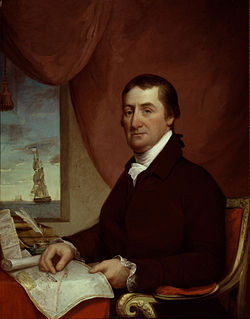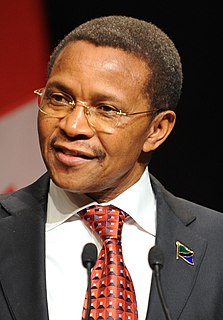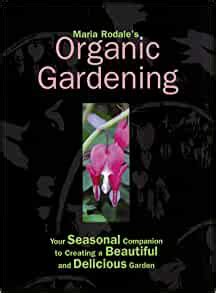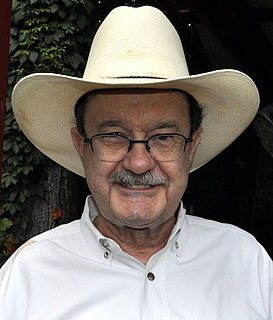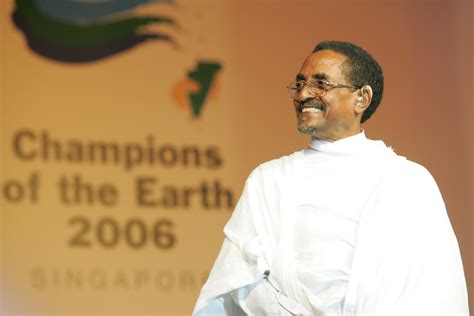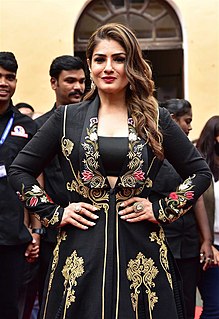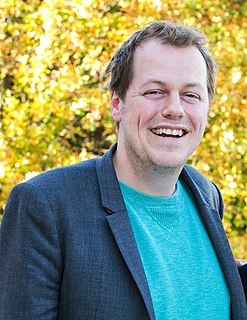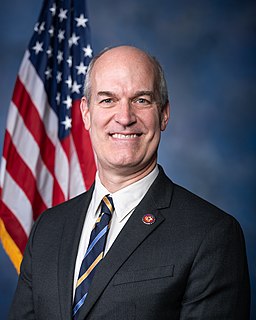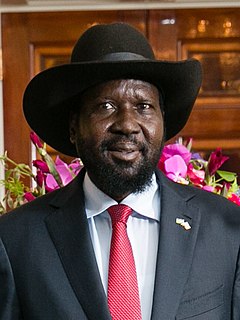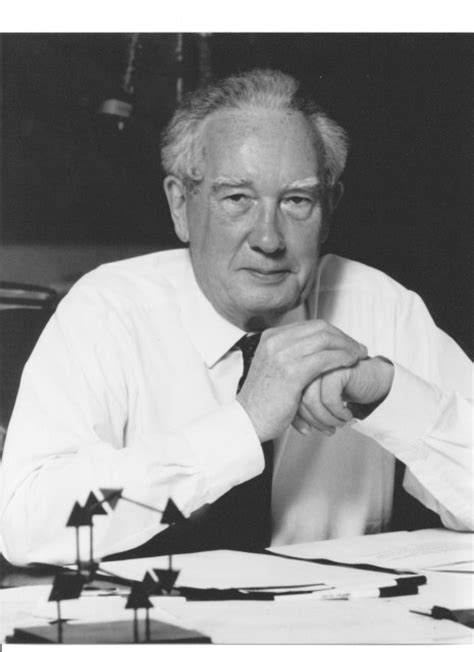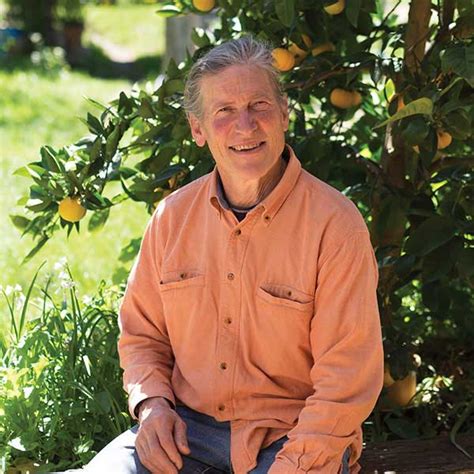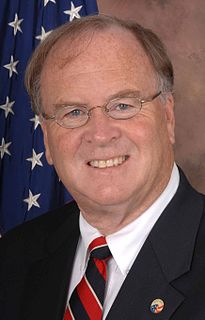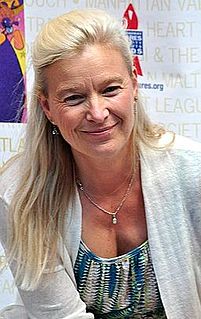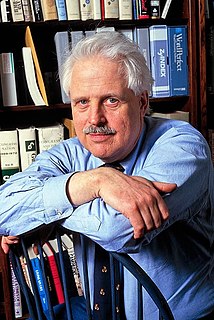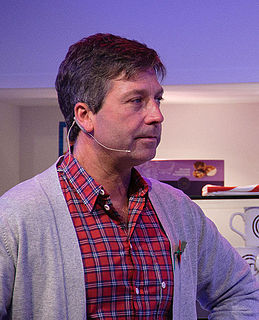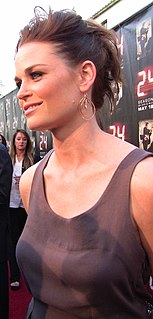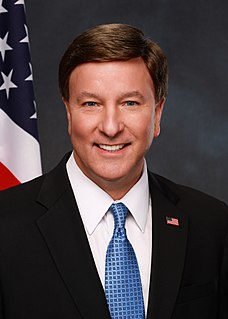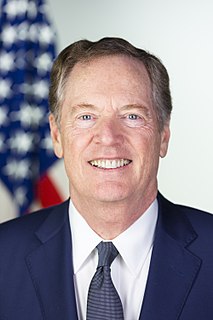Top 1200 Organic Agriculture Quotes & Sayings
Explore popular Organic Agriculture quotes.
Last updated on December 3, 2024.
Organic Oreos are not a health food. When Coca-Cola begins selling organic Coke, as it surely will, the company will have struck a blow for the environment perhaps, but not for our health. Most consumers automatically assume that the word "organic" is synomymous with health, but it makes no difference to your insulin metabolism if the high-fructose corn syrup in your soda is organic.
Women have an important role in agriculture. We need to introduce technology, which will help us harness the potential of women in agriculture. We need to divide the agriculture sector into three parts- regular farming, farming of trees and animal husbandry. If we are able to do this, the contribution of our women will increase even more.
There's a lot of research that suggests that organic yields are close or superior to conventional yields depending on factors like climate. In a drought year an organic field of corn will yield more - considerably more - than a conventional field; organic fields hold moisture better so they don't need as much water. It simply isn't true that organic yields are lower than conventional yields.
If you do just one thing—make one conscious choice—that can change the world, go organic. Buy organic food. Stop using chemicals and start supporting organic farmers. No other single choice you can make to improve the health of your family and the planet will have greater positive repercussions for our future.
The Nuffield report suggests that there is a moral imperative for investment into GM crop research in developing countries. But the moral imperative is in fact the opposite. The policy of drawing of funds away from low-cost sustainable agriculture research, towards hi-tech, exclusive, expensive and unsafe technology is itself ethically questionable. There is a strong moral argument that the funding of GM technology in agriculture is harming the long-term sustainability of agriculture in the developing world.
Even if you could use all the organic material that you have--the animal manures, the human waste, the plant residues--and get them back on the soil, you couldn't feed more than 4 billion people. In addition, if all agriculture were organic, you would have to increase cropland area dramatically, spreading out into marginal areas and cutting down millions of acres of forests.
Agriculture is not crop production as popular belief holds - it's the production of food and fiber from the world's land and waters. Without agriculture it is not possible to have a city, stock market, banks, university, church or army. Agriculture is the foundation of civilization and any stable economy.
For me the two biggest issues are climate change and animal welfare/animal agriculture. And oddly enough animal agriculture is such a contributor to climate change. According to the United Nations, 25% of climate change comes from animal agriculture, so every car, bus, boat, truck, airplane combined has less CO2 and methane emissions than animal agriculture.
The reductionist measure of yield is to agriculture systems, what GDP is to economic systems. It is time to move from measuring yield of commodities, to health and well-being of ecosystems and communities. Industrial agriculture has its roots in war. Ecological agriculture allows us to make peace with the earth, soil and the society.
It is now 14 years since I first suggested that organic farming might have some benefits and ought to be taken seriously. I shall never forget the vehemence of the reaction.. much of it coming from the sort of people who regard agriculture as an industrial process, with production as the sole yardstick of success.
Since chemical fertilizer burns out the soil organic matter, other farmers struggle with tilth, water retention, and basic soil nutrients. The soil gets harder and harder every year as the chemicals burn out the organic matter, which gives the soil its sponginess. One pound of organic matter holds four pounds of water. The best drought protection any farmer can acquire is more soil organic matter.
The serious problem is the education of the peasantry. The peasant economy is scattered, and the socialization of agriculture, judging by the Soviet Union's experience, will require a long time and painstaking work. Without socialization of agriculture, there can be no complete, consolidated socialism.
I never use organic vegetables. Why would you want to? The idea of taking a courgette grown in a third-world country in an organic field, packed into a polystyrene box, flown across the oceans, washed in chlorinated water, packed into a foam box, driven halfway across the country, wrapped in plastic and stamped 'organic,' what's the point?
We have to go from what is essentially an industrial model of education, a manufacturing model, which is based on linearity and conformity and batching people. We have to move to a model that is based more on principles of agriculture. We have to recognize that human flourishing is not a mechanical process; it's an organic process. And you cannot predict the outcome of human development. All you can do, like a farmer, is create the conditions under which they will begin to flourish.
Organic is something we can all partake of and benefit from. When we demand organic, we are demanding poison-free food. We are demanding clean air. We are demanding pure, fresh water. We are demanding soil that is free to do its job and seeds that are free of toxins. We are demanding that our children be protected from harm. We all need to bite the bullet and do what needs to be done—buy organic whenever we can, insist on organic, fight for organic and work to make it the norm. We must make organic the conventional choice and not the exception available only to the rich and educated.
